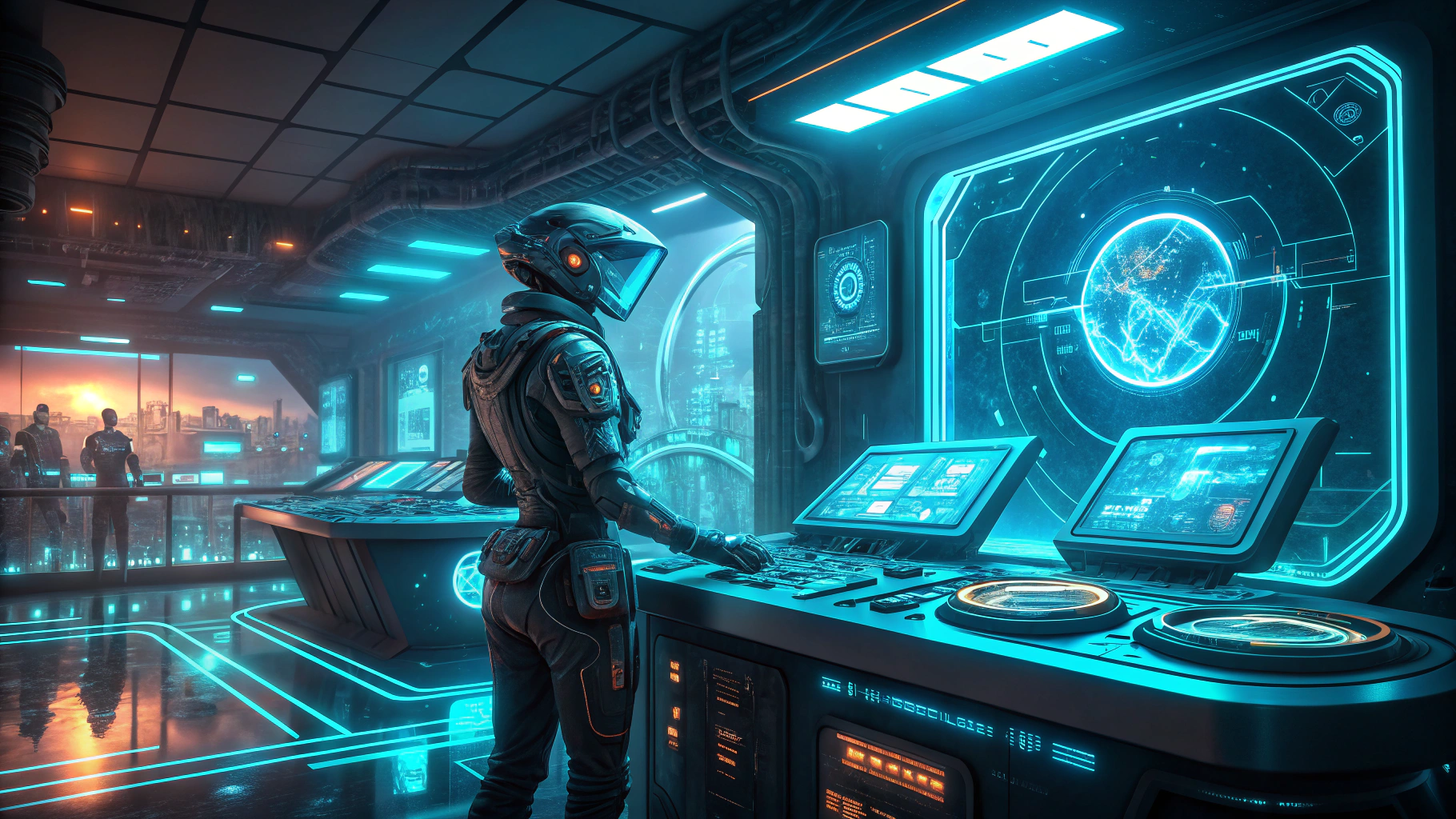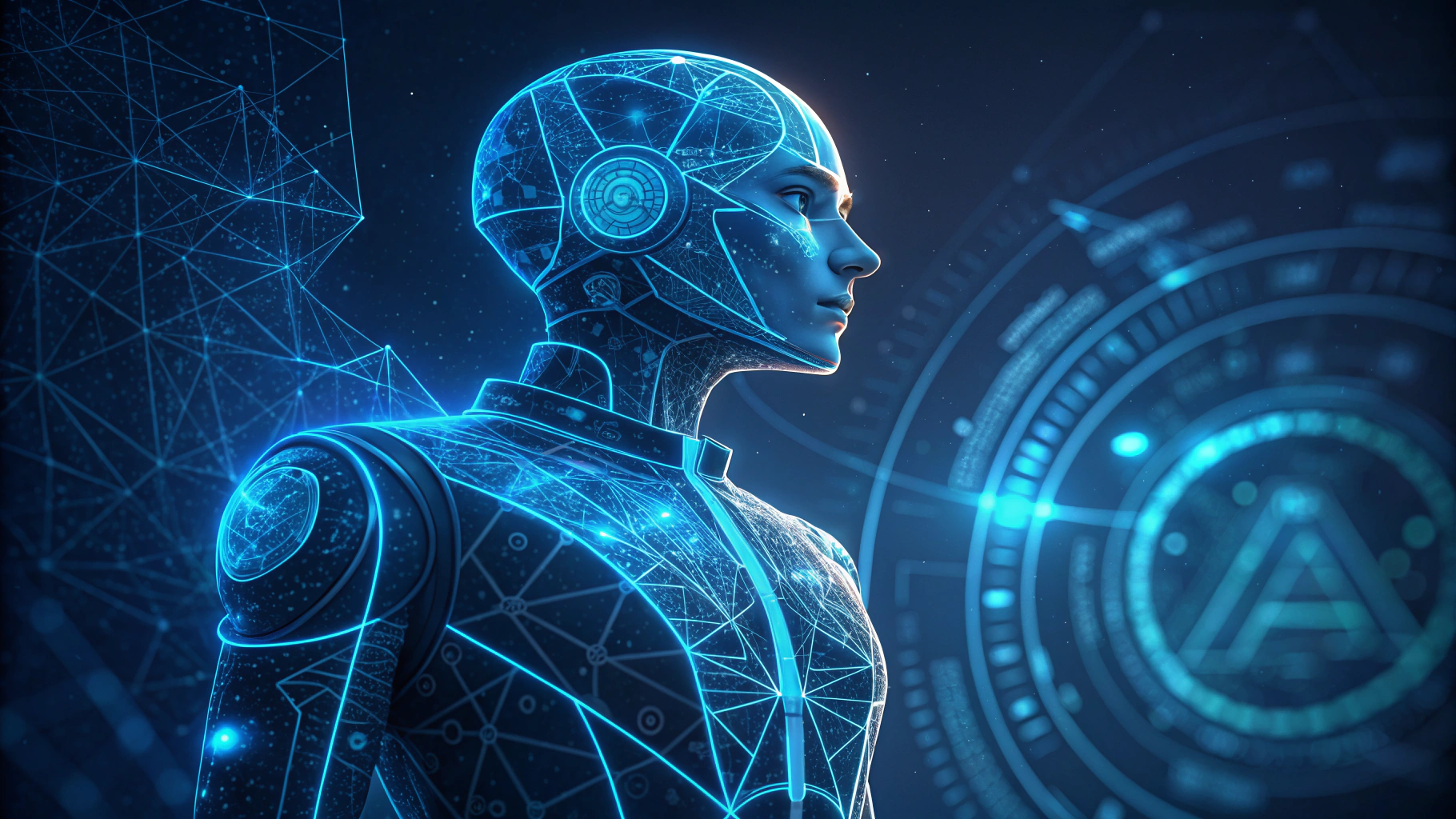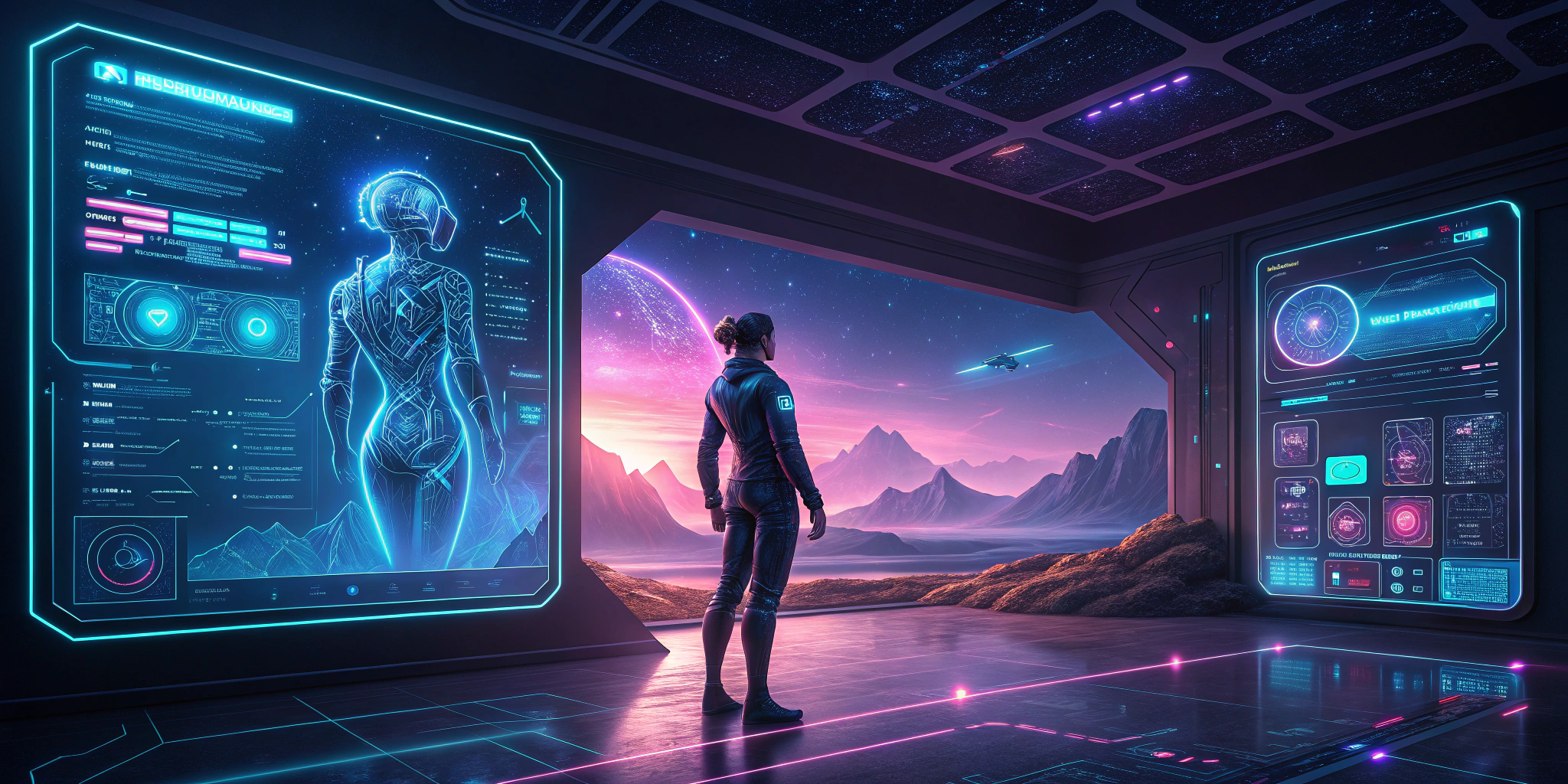Understanding AI Agents: Revolutionizing the Future of Automation and Decision-Making

Understanding AI Agents: Revolutionizing the Future of Automation and Decision-Making
Understanding AI Agents: Revolutionizing the Future of Automation and Decision-Making
In the age of rapid technological advancement, artificial intelligence (AI) agents have emerged as pivotal components in transforming how we interact with machines and data. These sophisticated programs are designed to autonomously perform tasks, make decisions, and solve complex problems with minimal human intervention.
What are AI Agents?
AI agents are entities capable of perceiving their environment through sensors and acting upon that environment using actuators. Their primary goal is to achieve specific objectives through autonomous decision-making using advanced algorithms that mimic human cognitive functions like learning, problem-solving, and decision-making.
Types of AI Agents
- Reactive Agents: Operate on a stimulus-response basis without maintaining any internal state, ideal for real-time applications like robotics and gaming.
- Deliberative Agents: Develop an internal model of their environment to plan and make informed decisions for complex tasks.
- Learning Agents: Improve over time by learning from experiences, enabling smarter decision-making through machine learning techniques.
- Collaborative Agents: Function within multi-agent systems to communicate and cooperate with other agents for shared objectives.
Applications of AI Agents
AI agents are making significant strides in various fields. They are being used in:
- Healthcare: Assisting in diagnoses, treatment recommendations, and patient monitoring.
- Finance: Automating trading, managing risks, and detecting fraud.
- Customer Service: Powering virtual assistants and chatbots to provide personalized and efficient support.
- Smart Homes: Managing household automation such as lighting, climate control, and security systems.
- Autonomous Vehicles: Enabling vehicles to perceive their surroundings, make decisions, and navigate safely.
Benefits of AI Agents
- Efficiency and Automation: Automate repetitive tasks, allowing humans to focus on strategic initiatives.
- Data-Driven Insights: Analyze large volumes of data to provide insights that drive informed decision-making.
- Scalability: Adapt to varying workloads without significant infrastructure changes.
- 24/7 Availability: Operate continuously without the need for breaks.
- Personalized Experiences: Customize interactions based on user preferences and behavior.
Challenges and Future Prospects
While AI agents offer tremendous benefits, challenges such as ethical concerns, data security, and regulatory compliance must be navigated. Looking forward, the integration of AI agents with IoT, enhanced human-AI collaboration, and advancements in natural language processing promise even greater transformation across industries.
Conclusion
AI agents are at the forefront of the technological revolution, transforming industries and reshaping our interaction with technology. Their ability to automate complex tasks and provide data-driven insights heralds a future of smarter, more efficient systems. As we embrace the potential of AI agents, addressing ethical and regulatory challenges will be key to their successful integration into our everyday lives.




